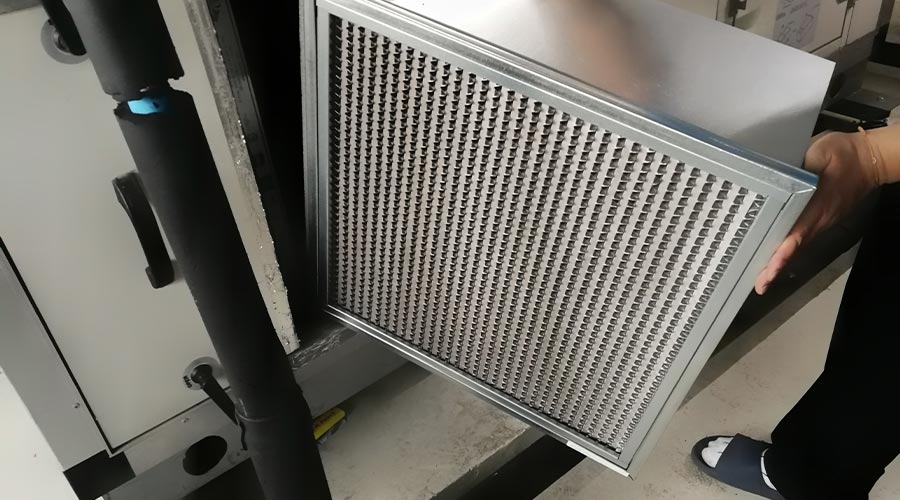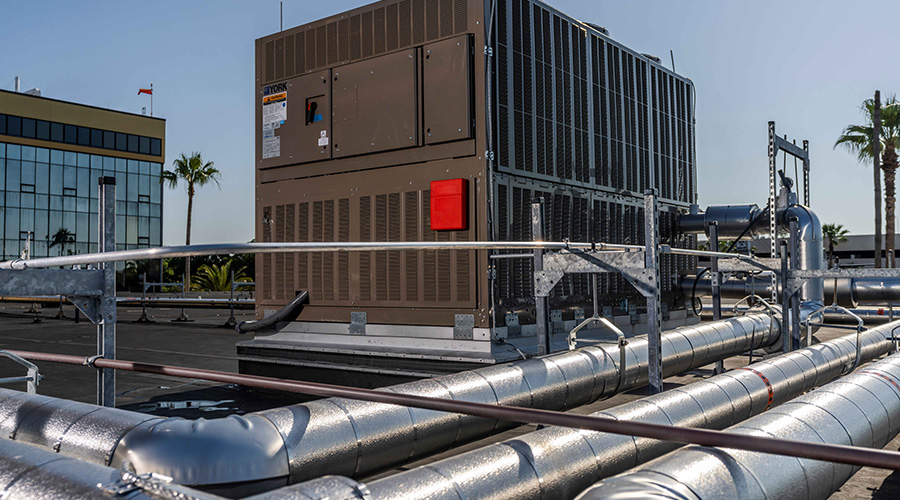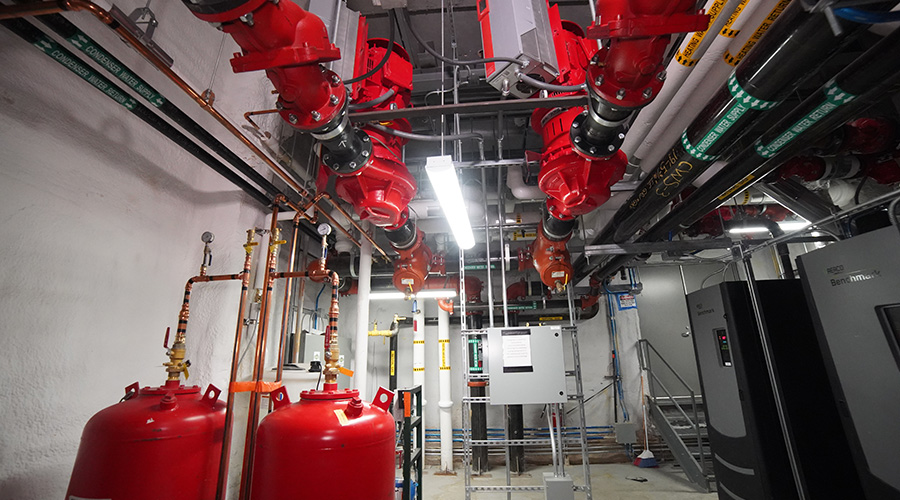Boilers: Repair or Replace?
As with all building components, boilers have finite service lives. Even with ideal maintenance, they eventually require replacement. While a boiler's age is a major factor in determining whether to repair or replace a unit, it is not the only factor maintenance and engineering managers must consider.
No hard and fast rules exist for making this decision, but managers need to consider several important factors:
Age. As boilers age, maintenance costs gradually rise. Unless something serious goes wrong, replacement costs will always exceed repair costs. But the trend in maintenance costs is a more important factor. If these costs remain relatively constant, then repairing the boiler most likely is the better option. Consistently and rapidly increasing costs point toward replacement, as does difficulty in obtaining replacement parts.
History. Identical boilers operating in similar facilities often have widely different operating histories. Differences in set-up, operating practices, and maintenance often cause these variations. Operators and managers need to review the boiler's history to see if factors exist that suggest replacement is the better option.
Efficiency. New-generation boilers offer major increases in annual operating efficiency compared to boilers that are only 10 years old. Managers should consider the annual savings from replacement when evaluating options.
Configuration. Older systems with central boilers tended to include only one or two large boilers. That set-up often made it necessary to cycle one boiler to match part-load operating conditions. New-generation, centralized systems use several smaller, modular boilers, which allows operators to better match system capacity to facility needs, thus improving operating efficiency. Managers should review the historical building loads to see if a cost benefit exists for replacement with modular boilers.
James Piper, P.E., is a national consultant based in Bowie, Md., with more than 25 years of experience with facilities management, maintenance and engineering issues.
SPOTLIGHT: ABMA
The American Boiler Manufacturers Association (ABMA) is the national, nonprofit trade association of commercial, institutional, industrial, and electricity-generating boiler system manufacturing companies dedicated to the advancement and growth of the boiler and combustion-equipment industry.
The organization provides a common ground for information sharing to achieve better understanding and communication between manufacturers, their customers, government, and the public. ABMA's focused interest and problem solving brings the technical and production expertise of an entire industry to bear on a range of energy and environmental policy issues.
Boiler-operator training through ABMA member companies helps building owners and managers focus on the best policies and techniques for efficient operation of boiler systems, while at the same time employing maintenance schedules that will contribute to extending the usefulness of those same systems.
For more information on ABMA, visit www.abma.com.
|
Related Topics:
















